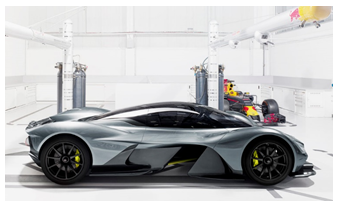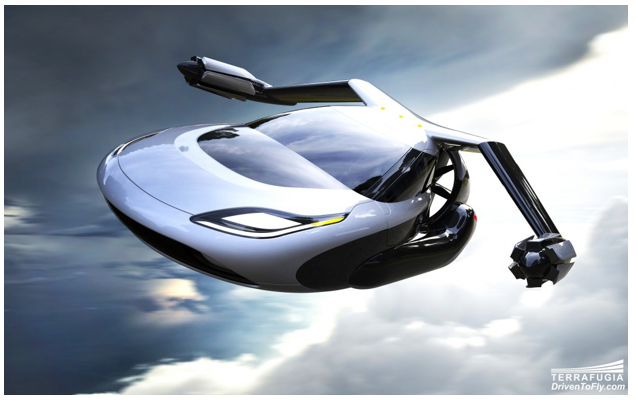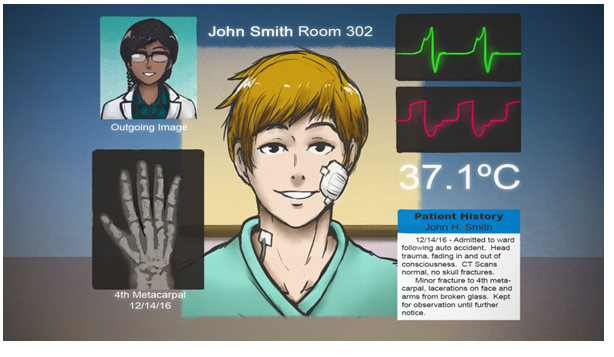3-D heart printed using multiple imaging techniques
Congenital heart experts from Spectrum Health Helen DeVos Children’s Hospital have successfully integrated two common imaging techniques to produce a three-dimensional anatomic model of a patient’s heart. The 3D model printing of patients’ hearts has become more common in recent years as part of an emerging, experimental field devoted to enhanced visualization of individual cardiac structures and characteristics. But this is the first time the integration of computed tomography (CT) and three-dimensional transesophageal echocardiography (3DTEE) has successfully been used for printing a hybrid 3D model of a patient’s heart.…
Read More









